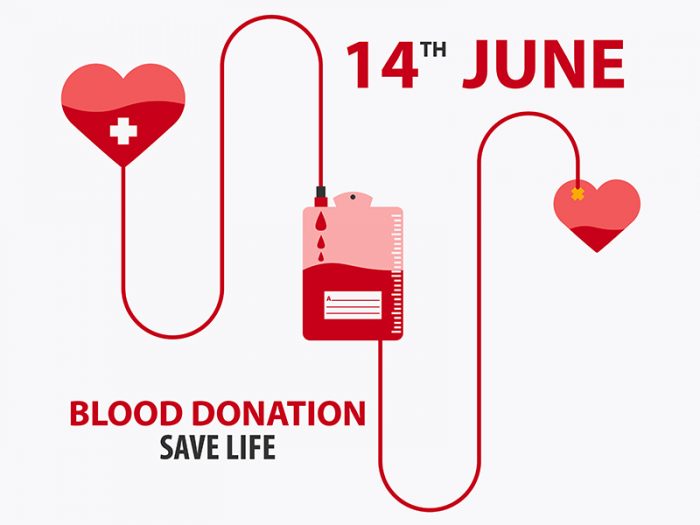You’re always getting fidgeted when your iPhone battery is dying out. But what if someone is dying in China right now just because of the shortage of blood supply? Only 1.1% of the whole population are blood donors, much lower than what WHO suggests for developing countries.
It’s frustrating to find that as to now, still there are many Chinese people holding misbeliefs about donating blood. They fear of getting infected with transmissible diseases, hurting their own body and have no trust in blood centers.

We can use psychological theories to promote blood donation. Here are five ways to encourage more adults to become regular blood donors.
Launching campaigns in local communities
Blood demand always outstrips blood supply in China. Older citizens and even some well-educated young people still hold misbeliefs about it. It’s necessary to launch campaigns in local communities to promote the knowledge of blood donation among residents. By meeting their need of knowledge, adults may increase confidence in blood centers and gain support from their families.
Free blood usage for regular donors
According to functional attitude theory, consumers holding utilitarian attitudes try to gain as much reward as possible and avoid punishment or loss. In order to fulfill utilitarian purposes, the national blood donation law should constitute that blood donors can enjoy privilege on blood usage in case of emergency. This right not only serves for you, but also benefits your family members, including your parents and children. Giving blood is like keeping a savings account in the bank, you can enjoy free blood whenever you are in need of it.
Free virus tests for everyone
Ego-defensive attitude protects consumers from being exposed to unpleasant facts. Statistics have shown increasing number of people infected with AIDS and syphilis because young generations turn to live a more open lifestyle. They are afraid of entering a hospital to request HIV test in China. It costs money and is not so confidential. It’s regulated that every blood unit has to be screened for potential transmissible viruses. So, media campaigns should promote millennials to visit any blood center and request HIV test. It is free and highly confidential.
Be a hero on social platforms
Value-expressive attitude explains that people hold certain attitude because it’s in accordance with their value and belief. Donating blood is certainly a way to show altruism. How about being a hero on your favorite social platforms? A new feature will be implemented in every blood center where you can register as a regular donor easily, and login with your current social account. After completion of registration, a shining badge will be issued to you displaying your social status as an honorary blood donor. It’s an effective way of showing what they truly believe in.
Other social benefits for regular donors
It is critical to convert one-time donors into regular donors. Some social benefits can be applied to regular donors to encourage their consistent donations. For every regular donor meeting certain criteria, a certificate will be issued to the donor. With this certificate, participants can enjoy discount when buying railway ticket, or visiting sites of interest within China. We know many people donate blood out of altruism, but this complimentary gift is worthwhile for some people.
Let’s combat with blood shortage and make a difference today! Feel free to repost this article to your friends.